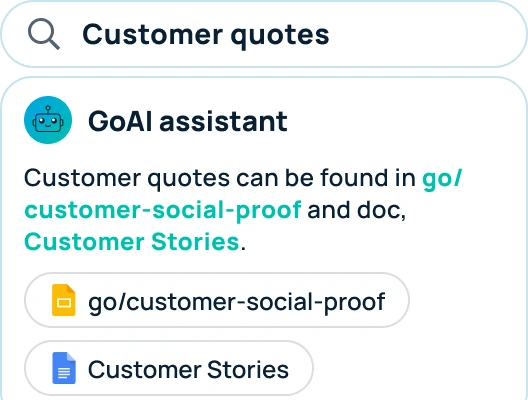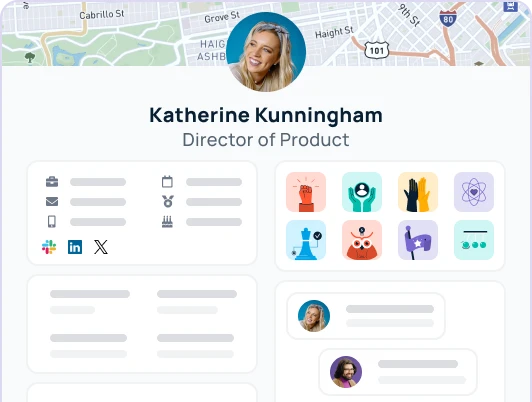Creating an inclusive culture isn’t just about meeting compliance requirements—it’s about fostering genuine connections and understanding among employees. With 85% of employees reporting disengagement due to poor culture and 34% leaving their jobs for the same reason, organizations must prioritize building truly inclusive environments.
Key Elements of an Inclusive Culture
1. Personal Connection Beyond Titles
One effective approach industry leaders share is taking time to know employees beyond their job titles. Regular one-on-one meetings—not focused on performance metrics but on personal connection—can make a significant difference. Conversations about weekend plans, life events, and personal interests help build authentic relationships and understanding.
2. Cultural Sharing and Learning
Implementing quarterly cultural sharing sessions where team members can present aspects of their background, share family recipes, or discuss their upbringing creates opportunities for genuine cultural exchange. These initiatives help employees understand different perspectives and values, even among those from similar backgrounds.
3. Curiosity and Humility
As highlighted by psychology experts, cultivating curiosity is crucial for breaking down silos and preventing unconscious bias. Leaders must nurture an environment where people take time to understand different viewpoints rather than making quick judgments in the first few minutes of interaction.
Systems and Practices That Support Inclusion
- Equitable promotion systems that ensure fair advancement opportunities
- Inclusive hiring processes that focus on skills rather than just credentials
- Regular feedback mechanisms that encourage open communication
- Recognition programs that celebrate diverse contributions
The Business Case for Inclusion
Beyond the moral imperative, diversity and inclusion drive innovation and business success. Charlie Saffro, CEO of CS Recruiting, TEDx Speaker, noted, “You don’t want to keep hiring the same profile with the same experience and ideas. You want people to come in with fresh perspectives, and many of those perspectives come from who they are as a person, how they were raised, where they were born.”

“You don’t want to keep hiring the same profile with the same experience and ideas. You want people to come in with fresh perspectives, and many of those perspectives come from who they are as a person, how they were raised, where they were born.”
— Charlie Saffro, CEO of CS Recruiting
Addressing Challenges
Organizations often face the “chicken and egg” problem: wanting to create a diverse workplace while lacking the inclusive culture necessary for retention. The solution is first to establish behaviors and systems that enable inclusion and belonging, then focus on diverse recruitment.
Moving Forward
Creating an inclusive workplace culture requires ongoing commitment and intentional action at all levels of an organization. It’s not about finding people who “fit” the culture but rather individuals who can “add” to it. Organizations can build workplaces where everyone truly belongs and thrives by focusing on genuine connection, cultural understanding, and equitable systems.
Enter GoProfiles.
GoProfiles empowers organizations to cultivate a more inclusive and engaging workplace culture by making every employee feel seen, valued, and connected. Through personalized profiles and peer recognition, GoProfiles highlights individual contributions and encourages continuous appreciation across teams. Foster a sense of belonging by celebrating diverse skills and achievements, ensuring that recognition extends beyond titles or departments. With GoProfiles’ powerful rewards system and real-time insights, HR leaders can promote positive behaviors, enhance inclusion initiatives, and build a culture where everyone thrives.Curious about GoProfiles? Try for free.
Frequently Asked Questions
How can organizations create a more inclusive workplace culture?
Organizations can create a more inclusive workplace culture by:
- Taking time to know employees beyond their job titles through regular personal check-ins
- Encouraging employees to share their cultural backgrounds and experiences
- Implementing fair and equitable promotion and hiring systems
- Fostering curiosity and humility among team members
- Creating opportunities for diverse perspectives in meetings and decision-making
Why is workplace diversity and inclusivity important for business success?
Workplace diversity and inclusivity are crucial because they drive innovation through fresh perspectives, enhance problem-solving capabilities through varied viewpoints, and create opportunities for learning from different cultural backgrounds. The workplace serves as an ideal environment for exposure to diverse ideas and experiences, leading to better business outcomes and stronger team collaboration.
What are the signs of a toxic workplace culture and how prevalent is it?
Studies indicate that 85% of employees are disengaged due to poor culture, leading to a 26% reduction in productivity. Signs of a toxic workplace culture include lack of trust, poor communication, disengagement, high turnover rates (34% of employees leave due to poor culture), and feelings of not being appreciated or valued. This issue has become more pronounced since the COVID-19 pandemic.
How can organizations effectively address and transform a toxic workplace culture?
Organizations can transform a toxic workplace culture by:
- Identifying the root causes of toxicity through thorough analysis
- Distinguishing between difficult employees and toxic behavior patterns
- Implementing clear communication channels and feedback systems
- Measuring the financial impact of cultural issues to drive change
- Taking immediate action when toxic behaviors are identified
- Developing clear goals for cultural transformation
What role does leadership play in creating an inclusive culture?
Leadership plays a crucial role by modeling transparent communication, demonstrating inclusive behaviors, and setting the tone for organizational culture. Leaders should regularly engage with employees personally, champion diversity initiatives, ensure fair systems and processes, and create psychological safety within teams. Their actions and communication style significantly influence how employees engage with and trust the organization.
How can organizations encourage open communication and feedback?
Organizations can encourage open communication and feedback by:
- Establishing transparency as a core organizational value
- Creating psychological safety where employees feel safe to share opinions
- Implementing regular feedback channels and communication platforms
- Training leaders and employees in effective feedback techniques
- Demonstrating consistent follow-through on feedback received
- Avoiding retribution for honest communication
Build a culture of connection and recognition with GoProfiles
Try for free








